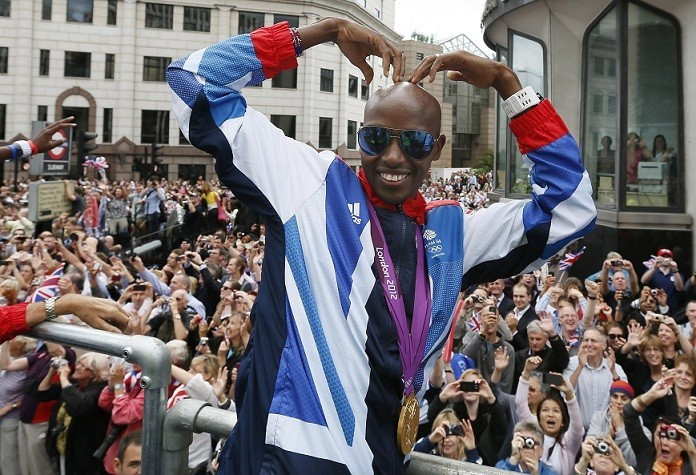Britons are World's Most Racially Tolerant People
World Values Survey researchers pose simple question: What kind of people would you not want as neighbours?

CORRECTION, 6 June, 2013:
The reference in the following article that in both Bangladesh and Hong Kong, more than 70% of those surveyed said they would not want a person from another country as a neighbour, is inaccurate.
It has emerged that the original source of the story, World Values Survey, erroneously transposed the figures on its website publicising the results. In fact, 28.3 percent of Bangladeshis and 26.8 percent of Hong Kongers said they would not want foreign neighbours. The "Yes" and "No" figures in the survey results were accidently swapped on the World Values website.
We apologise for the error.
Britons are among the world's most racially tolerant people, according to a survey by Swedish economists, while those from India, Bangladesh and Hong Kong are revealed as the most racist.
Researchers for the World Values Survey set out to determine whether racial tolerance was linked to free-market economics.
To gauge a respondent's level of racial tolerance, they hit on the idea of posing a simple question. Respondents in more than 80 countries were asked to identify the kind of people they would not want as neighbours.
Of the alternatives listed, one possible answer was "people of a different race". The proportion of people picking this answer from any given country was then used to show the relative tolerance of that society.
Britons led the field, coming out as the most tolerant nation, alongside the US, Canada, Australia and New Zealand. South American countries also registered high numbers of people who said they would be happy with racially diverse neighbours.
In those countries, less than 5% of those questioned said they would prefer not to have a neighbour of another race.
But in India, Bangladesh, Hong Kong and Jordan, it was an entirely different story. In India, 43.5 per cent said they did not want someone of a different race as their neighbour. In Jordan it was 51.4 per cent, while in Hong Kong and Bangladesh, over 70 per cent said someone of a different race was their biggest concern in a neighbour.
Europe showed widely varying results, with France coming out as relatively intolerant - 22.7 per cent preferring not to have a neighbour of a different race. Former Soviet states such as Belarus and Latvia proved more tolerant than many of their European neighbours, according to the study.
Atlas of global tolerance
The methods used were not without controversy, however, with analysts questioning whether one factor - people's honesty - had the potential to cast doubt on the findings.
The data from the survey by Niclas Berggren and Therese Nilsson has been mapped by the Washington Post to produce an "atlas of global tolerance".
Researchers concluded that there was no discernible link between a nation's adoption of free-market economics and the racial torerance its people showed. However, a correlation did exist between economic freedom and tolerance of homosexuality.
"Tolerance has the potential to affect both economic growth and wellbeing. We investigated whether the degree to which economic institutions and policies are market-oriented is related to different measures of tolerance," said Niclas Berggren and Therese Nilsson of World Values Survey.
"Analysis of up to 69 countries reveals that economic freedom is positively related to tolerance towards homosexuals, especially in the longer run. Tolerance towards people of a different race, and a willingness to teach kids tolerance, are not strongly affected by how free markets are.
"Stable monetary policy and outcomes is the area of economic freedom most consistently associated with greater tolerance, but the quality of the legal system seems to matter as well."
© Copyright IBTimes 2025. All rights reserved.





















